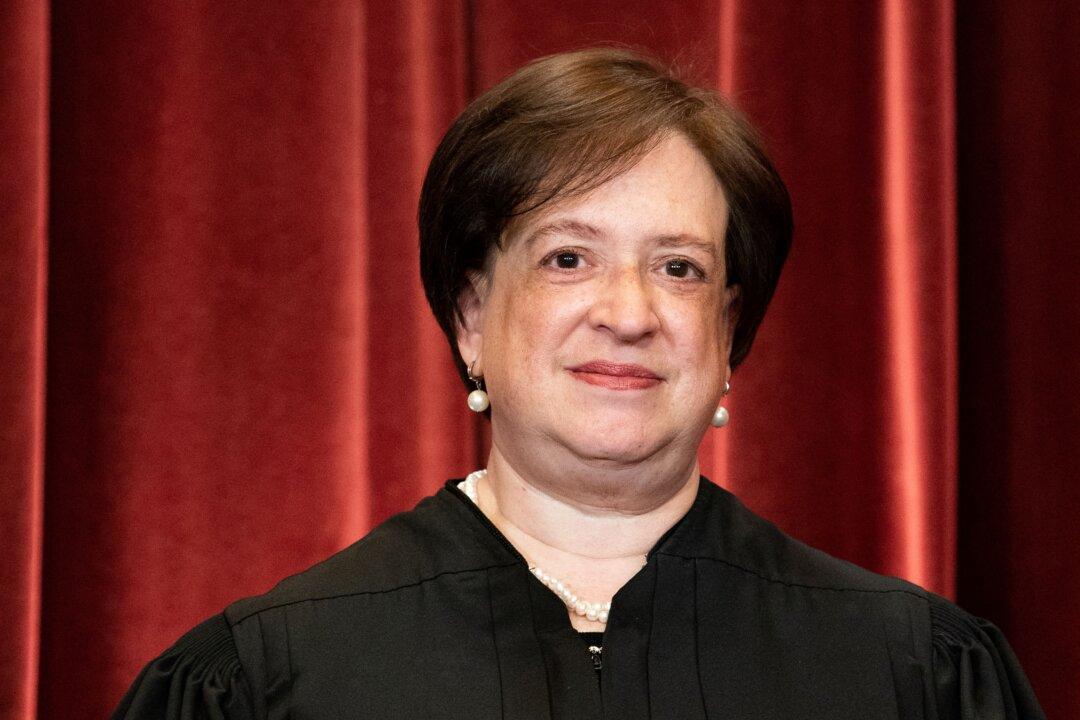The comments by justices in recent weeks on the Supreme Court’s legitimacy are hurting the nation’s top court, according to Alan Dershowitz, a professor of law emeritus at the Harvard Law School.
Justice Elena Kagan has thrice in recent weeks criticized her colleagues, taking aim at justices appointed by former President Donald Trump after the court overturned Roe v. Wade. And Justices Samuel Alito and John Roberts have also weighed in.





